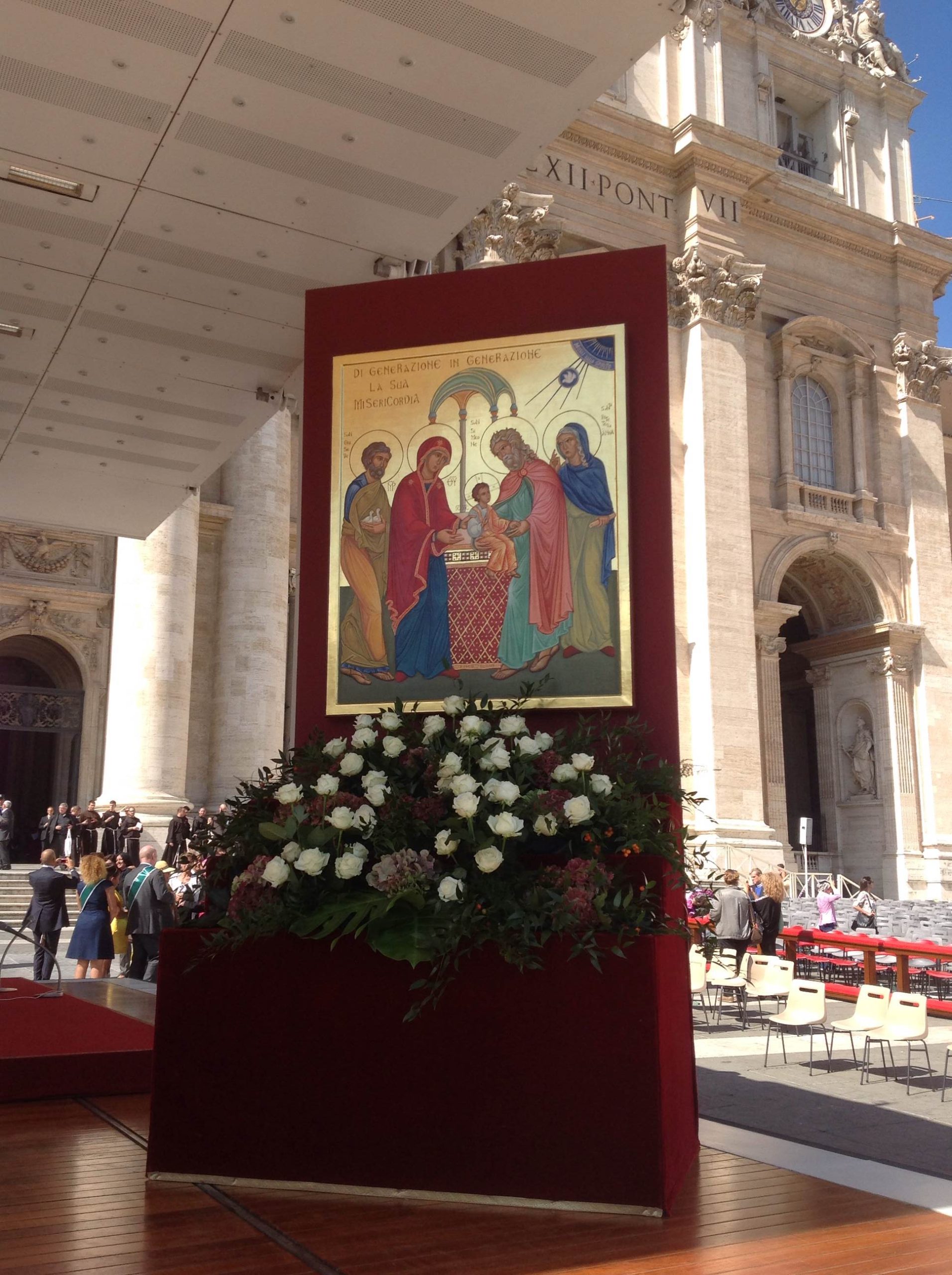In a world where attention spans are shrinking and digital distractions abound, Pope Francis has taken a bold stance on the importance of brevity in religious discourse. His call for shorter homilies reflects not only an understanding of modern congregants' needs but also underscores the timeless value of concise communication in spiritual teaching. As society evolves, so too must the methods through which faith is shared, ensuring that messages remain impactful and accessible.
Pope Francis's emphasis on limiting sermon lengths to just eight minutes challenges clergy to distill profound theological concepts into digestible portions. This approach aims to enhance engagement by respecting the time constraints faced by many individuals today. By advocating for succinct yet meaningful sermons, the Pope seeks to bridge the gap between traditional teachings and contemporary realities, making religion more relatable and relevant in everyday life.
Effective Communication Through Brevity
The art of delivering a compelling message within a limited timeframe requires skillful preparation and deep reflection. When Pope Francis urges priests to keep their homilies under ten minutes, he emphasizes the need for clarity and focus. In doing so, he encourages pastors to prioritize key themes over exhaustive explanations, allowing listeners to grasp essential ideas without becoming overwhelmed or disengaged. Such discipline fosters greater connection with parishioners who may already juggle numerous responsibilities outside church walls.
This shift towards shorter sermons does not diminish the depth of content; rather, it challenges preachers to identify core truths and present them effectively. By focusing on one central thought, feeling, and action point per homily, as suggested by the Pope, clergy can inspire congregants toward practical application of biblical principles in their daily lives. This method ensures that each service leaves attendees with something tangible to carry forward, reinforcing the transformative power of faith.
Beyond mere length considerations, Pope Francis's advice addresses broader concerns about maintaining audience interest throughout worship services. Engaging storytelling techniques combined with real-world examples help bring scriptural lessons alive while preventing minds from wandering during prolonged discourses. Ultimately, adhering to these guidelines strengthens communal bonds and enhances overall spiritual growth among participants.
Revitalizing Sermons for Modern Audiences
Pope Francis's plea for concise homilies resonates deeply within contemporary contexts where information overload often leads to mental fatigue. Recognizing this reality, he advocates for sermons that captivate attention without exhausting listeners' patience. His insistence on keeping messages brief serves as both practical guidance and pastoral wisdom, reminding ministers of their responsibility to nurture souls efficiently amidst busy lifestyles.
Moreover, shorter sermons allow for increased participation in other aspects of liturgical celebrations, such as communal prayer, hymn singing, and fellowship opportunities. These elements contribute significantly to holistic worship experiences, fostering unity and mutual support among members. By allocating appropriate time for various components of mass, clergy ensure balanced programming that caters to diverse preferences and learning styles within their congregations.
As technology continues shaping human interactions, adapting ancient traditions to fit evolving expectations becomes crucial for sustaining relevance. Pope Francis's vision for streamlined sermons exemplifies this adaptive mindset, encouraging innovation while preserving core values. Through thoughtful implementation of his recommendations, churches worldwide can better meet the spiritual needs of their communities in today's fast-paced environment.
A Call to Action for Clergy Worldwide
Pope Francis's directive regarding homily duration extends beyond Vatican City, reaching dioceses across the globe. It invites all ordained ministers to reassess their preaching practices and embrace strategies promoting effective communication. While some may initially resist change, embracing brevity offers numerous benefits, including enhanced listener retention and strengthened relationships between clergy and laity.
To facilitate successful adoption of shorter sermons, ongoing formation programs should incorporate training modules focused on crafting impactful messages within restricted word counts. Additionally, mentorship initiatives connecting experienced homilists with newer practitioners could prove invaluable in sharing best practices and refining skills. Together, these efforts empower clergy to deliver inspiring sermons that resonate powerfully despite their condensed formats.
Ultimately, Pope Francis's advocacy for concise homilies aligns closely with his broader mission of evangelization. By championing accessibility and inclusivity in religious instruction, he champions a model of ministry attuned to current societal trends while remaining steadfastly grounded in eternal truths. As global Catholicism responds positively to this challenge, it reaffirms its commitment to serving humanity through compassionate leadership and innovative outreach methods tailored to meet modern demands.

